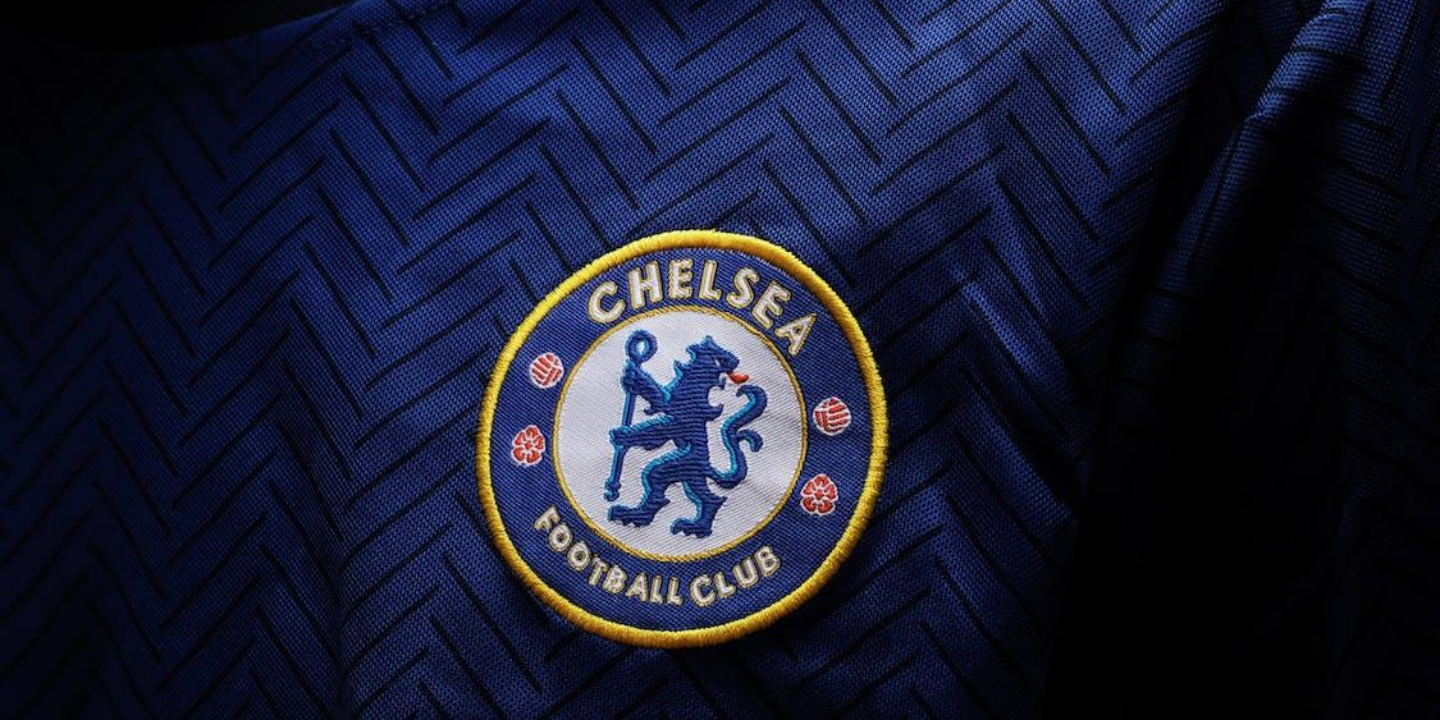JOHANNESBURG: South Africa was on tenterhooks on Monday for the African National Congress to signal whom it will choose as a partner to govern the nation after it lost its majority in last week’s election for the first time in 30 years of democracy.
The ANC had comfortably won every previous election since the end of apartheid in 1994 but this time voters weary of joblessness, inequality and rolling power blackouts gave it just 40.2% of the vote, down from 57.5% five years ago.
Its vote share was still the largest of any party but was not enough for the ANC to govern alone, thrusting South Africa into unknown political territory.
“This moment in our country calls for responsible leadership and constructive engagement,“ said President Cyril Ramaphosa in a weekly newsletter published on Monday.
The ANC’s potential partners are diametrically opposed, ranging from the free-marketeer Democratic Alliance (DA) to uMkhonto we Sizwe (MK) and the Economic Freedom Fighters (EFF), parties that advocate nationalising mines and banks and redistributing land.
“We would work with anyone who wants to work with us but not with a cap in the hand,“ ANC secretary-general Fikile Mbalula said late on Sunday after the official results were announced.
With the future direction of government policy at stake, a working committee of 27 ANC officials was scheduled to meet on Monday to prepare a presentation on the party’s options to be delivered to the National Executive Committee on Tuesday.
The DA and the smaller, socially conservative Inkatha Freedom Party (IFP) have both announced they had set up negotiating teams to engage with other parties. Both are part of an alliance of parties formed before the election.
“The people of South Africa spoke loud and clear that political parties must find each other and constitute a government on their behalf as they did not give a full mandate to one political party,“ said IFP leader Velenkosini Hlabisa.
The DA came second in the election with 21.8% of the vote, while MK, which is led by former president Jacob Zuma, got 14.6%. The EFF received 9.5% and the IFP 3.9%.
Under the constitution, the newly elected parliament must convene within two weeks of the results being declared, and one of its first acts must be to choose the nation’s next president.
So far, ANC officials who have spoken in public have rallied round Ramaphosa but he may nevertheless come under pressure, whether from an internal challenge or from other parties refusing to work with him.
TOUGH TALKS AHEAD
“It is going to be very difficult coalition negotiations, even more so for the ANC because of its internal contradictions,“ said Zwelinzima Ndevu, director of the School of Public Leadership at Stellenbosch University.
Political analyst Ralph Mathekga said the DA was likely to push the ANC hard on making a strong commitment to root out corruption in party ranks, which could trigger resistance from some ANC figures he described as “heavily compromised”.
“It’s going to be a question as to whether the ANC signs up for anti-corruption or not,“ he said.
Despite that potential hurdle, some analysts said a deal between the ANC and the DA looked like the likeliest outcome because the DA had a positive record in government at the provincial level, in Western Cape where the major tourist city of Cape Town is located.
“I’m tending intuitively to think the DA has got slightly better odds than the EFF at this stage,“ said Susan Booysen, director of research at the Mapungubwe Institute for Strategic Reflection.
Financial markets, which favour the DA over either the EFF or MK due to its pro-business policy stance, appeared to be taking a similar view. South Africa’s rand, stocks and government bonds made up some of their recent days’ losses linked to post-election uncertainty.
Some analysts noted that a coalition was not the only possible outcome. A government of national unity bringing in all the main parties could not be ruled out, although that was seen as potentially unstable and prone to gridlock.
A minority ANC government, possibly with a confidence-and-supply deal whereby one or more other parties would support it on key parliamentary votes, was another hypothetical option.
The dark horse in the election was MK, the new party led by Zuma, but few analysts expected an ANC-MK tie-up given the bitter acrimony between them.
A divisive figure who remains popular in his home province of KwaZulu-Natal, Zuma was forced to quit as president in 2018 after a string of corruption scandals during his term in office and has since become an implacable enemy of Ramaphosa.
MK has said it is considering a court challenge to the election results despite its strong showing.
Analysts have long feared Zuma’s party may stir up trouble if his supporters reject the results. They rioted and looted for days when he was arrested for contempt of court in 2021.

 3 weeks ago
3 weeks ago
















 English (US) ·
English (US) ·